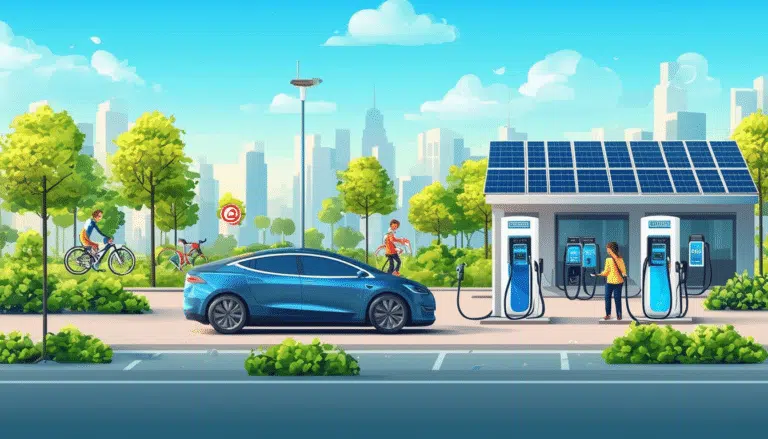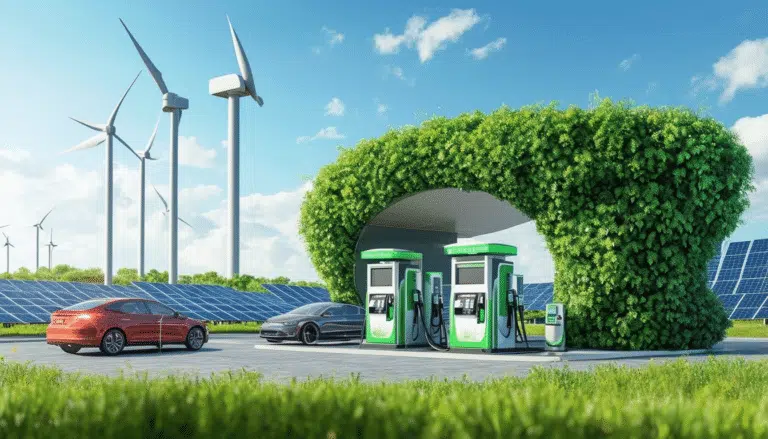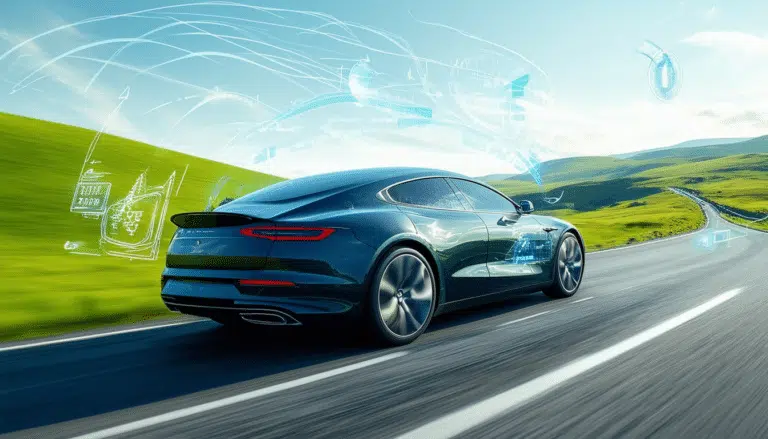SIMPLE changes you can make to save on fuel

Saving on fuel is a growing concern for many, not only due to the impact on the budget, but also because of the need to reduce our environmental impact. Fortunately, there are simple changes that can be implemented in our daily routine that will not only help decrease spending on gasoline but also promote a more sustainable lifestyle. From adjustments in driving style to proper vehicle maintenance, every little effort counts in the quest for more efficient and responsible consumption.
Making some simple changes in your daily routine and in how you use your vehicle can lead to significant savings on fuel. From car maintenance to choosing efficient routes, these tips are easy to implement and can contribute not only to your finances but also to taking care of the environment. Below are several strategies you can apply to reduce gasoline consumption.
Proper vehicle maintenance
One of the most important aspects of saving fuel is ensuring your car is in optimal condition. This includes conducting regular checks and keeping the engine clean. A well-maintained engine operates more efficiently and consumes less fuel. For more information on engine maintenance, you can visit here.
Tire pressure
Inflating your tires correctly not only improves safety while driving but also reduces gasoline consumption. Under-inflated tires create more rolling resistance, causing the engine to work harder and consume more fuel. It is recommended to check the pressure at least once a month.
Driving efficiently
Adopting a smoother driving style can make a big difference. Avoiding rapid accelerations and hard braking, as well as maintaining a steady speed, are practices that help reduce fuel expenses. Additionally, consider using cruise control on long trips to maintain a constant speed.
Using air conditioning
The use of air conditioning can increase fuel consumption. If temperatures permit, try using the fan or opening the windows instead of using the air conditioning. However, if you decide to use it, make sure it is in good condition and use the appropriate setting to maximize efficiency.
Route optimization
Planning your routes is essential for reducing fuel consumption. Use navigation apps that help you find the shortest path or avoid traffic. This not only saves time but also decreases gasoline expenses. A smart way to plan is to take advantage of features like those in Google Maps, where you can optimize your trips.
Choosing the right fuel
It is important to select the type of fuel that best suits your vehicle. Learn about the characteristics of motor oil and its relationship to fuel savings. The right oil not only prolongs the life of the engine but can also improve its performance. More on this in this guide.
Considering more efficient vehicles
If you are thinking about changing cars, consider opting for a vehicle that has better fuel efficiency or a hybrid model. These types of vehicles, besides being more sustainable, can mean significant savings in the long run. When making this decision, evaluate how much you could save with each model.
Adopting alternative modes of transport
Sometimes, the best way to reduce fuel consumption is to avoid using the vehicle itself. Consider using a bicycle, public transport, or participating in a carpooling system. Encouraging these transportation methods not only helps your wallet but also contributes to the reduction of pollution emissions.
By implementing these simple changes, you will notice a significant decrease in your fuel expenses. Remember that every little effort counts and can significantly contribute to a more sustainable and economical life.
Making simple changes in our daily habits can have a significant impact on fuel spending. Small modifications, such as adjusting our driving routines or carrying out proper vehicle maintenance, can translate into substantial savings over time. One of the most effective tips is to adopt a smoother driving style, avoiding sudden accelerations and abrupt braking, which not only improves fuel efficiency but also prolongs the lifespan of the car.
Additionally, it is crucial to pay attention to tire pressure; properly inflated tires can improve the car’s energy efficiency and reduce gasoline consumption. Conducting regular checks on the engine and other vehicle components is also key, as a well-maintained engine will operate more efficiently and with lower fuel consumption.
Another aspect to consider is planning our routes; using apps that help us find the shortest or least congested paths can result in considerable fuel savings. Moreover, in situations where possible, opting for alternatives like biking or public transport not only contributes to savings but also reduces our impact on the environment.
Finally, although it seems trivial, the simple act of avoiding excessive use of air conditioning and other unnecessary electrical devices while driving can make a difference in fuel spending. By implementing these strategies, we not only enhance our economic savings but also contribute to the care of the planet.





